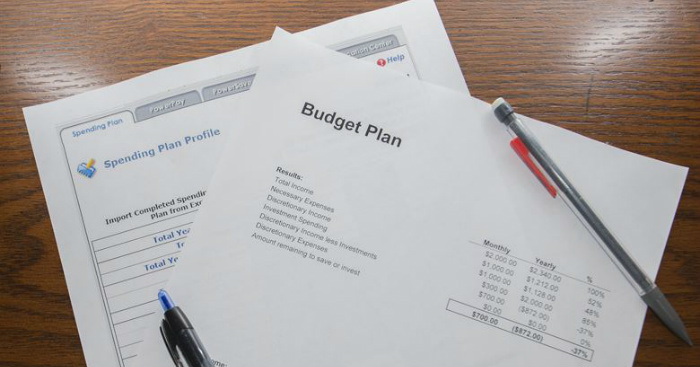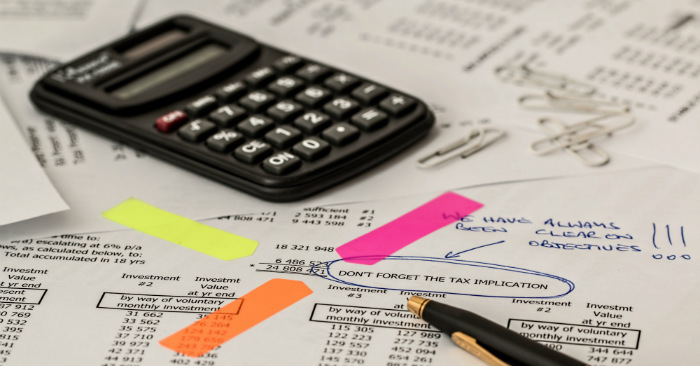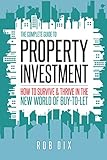Whether you are about to buy your first investment property or already have a sizeable portfolio, the following top property investment tips will help you to maximise the return on your investment.
Property investment can be extremely lucrative, but it’s also a risky affair. Bad tenants, falling house prices, and over-exposure can all leave you with significant debts to pay.
However, when you get it right, few investments are as rewarding as property, both in terms of finances and the lifestyle it gives you.
So, without further ado, here are our top 10 property investment tips:
1. Buy In ‘Up And Coming’ Areas
Nothing creates increases in the value of a property than a surge in popularity of the area.
Even in declining national markets, certain pockets of the country often buck the trend and continue to rise in value.
Predicting where these hotspots may be isn’t just about luck. Look for places where local infrastructure or transport links are being improved. Some areas around HS2, for example, are likely to see prices rise over the coming years.
Buying in an area that’s just started gaining in popularity can help to protect your long-term investment.
We considered buying a house near to a proposed HS2 hub and we considered the impact it may have on the long-term property prices. In the end, we felt that property was a little too close and may be negatively affected by the increased noise and traffic.
Instead, we bought a little further afield (but still close enough to benefit).
2. Don’t Run Before You Can Walk
Many property investors have failed by trying to go too big, too soon. Your first few investments should be relatively ‘safe’ bets and straightforward to gain a return on.
Listed buildings, complete rebuilds, and multi-home developments are all best left until you have some experience under your belt.
Even then, it’s always a good idea to take your time and consult with experts before rushing in and finding yourself in above your head.
Our Favourite Books On Property Investing:
3. Budget Carefully

Successful property investment is all about getting your finances right. If you’re not a numbers person then either bring someone in to help you who is, or learn to become one.
Before buying a property, you’ll need to budget for everything you need to spend. That’s legal fees, utility bills, labour, materials, every cost you can think of that you might incur. It’s also good practice to build in a contingency fund too for those unexpected costs.
You’ll also need to work out your potential ROI (Return On Investment) if you sell the property and calculate your expected yield if you intend on renting out the property.
One thing we always do when viewing a potential investment property that is a little run down is ask the estate agent how much they think it could be worth once renovated. Once you have the amount, you can plug it into your calculations.
Even when we are intending on renting out the property, this is still useful as we always try and refurbish a property without spending more than the property could sell for. This way, if we were to change our mind for any reason, we can still sell and exit the investment in profit.
4. Use Your Head At Auctions
This is one of the top property investment tips you’ll have heard countless times if you’re a fan of the TV show Homes Under The Hammer.
Auctions are dangerous places where your emotions can take over and spend money on properties you have never even looked at!
Make sure when you head to an auction you’ve already viewed the property, checked the budget, read the legal pack, and come up with a maximum price you are prepared to pay for the property. Then, stick to it!
Our guide on how to buy a property at auction in the UK will come in useful here.
5. Maximise Available Space
Once you’ve bought a property, you need to make sure you’re making the best use of all the available space in order to maximise your returns.
If the family bathroom is larger than it needs to be, look at whether it could be made smaller and some of the space turned into an en-suite, or extra bedroom space, to increase the value of the home.
Is it worth adding an extension to create a larger living area or additional bedroom? Could the cupboard under the stairs be turned into a downstairs toilet?
There are often lots of ways you can improve the way space is being used in a property if you look carefully. The trick is to only carry out the changes that will actually add value to the property.
We looked at a property once that had a small master bedroom with an even smaller box room off it. The box room had lots of potential to be brought into the layout of the master bedroom since box rooms often just get used for storage anyway.
As the master bedroom already had an ensuite, we decided to reconfigure the box room as a walk-in wardrobe instead.
6. Talk To Local Property Experts

This is a really important property investment tip, especially if you are new to property investment or unfamiliar with the area you are buying in.
When there’s a gap in your knowledge, don’t be too proud to admit it and seek the advice of an expert.
Local estate agents and even other property investors will often be able to give you an insight as to how good an opportunity the property you’ve found really is. Just be aware that if you speak to the agent who is selling the property, they have a vested interest in finding a buyer!
We’ve already mentioned how we ask the agent how much the property might be worth once renovated.
However, you can also ask them for potential rental figures and even potential costs to refurbish a property. Often the estate agent has also dabbled in property investment themselves and are more than happy to discuss ideas.
7. Find The Best Mortgage Rates
If you are buying a property using a bridging loan or buy-to-let mortgage, shop around to ensure you are getting the best rate.
It’s always worth using a mortgage advisor as they may have access to rates not available to you if you go direct. However, don’t rely solely on them as it sometimes works the other way and you can get better deals going direct.
The key is to do your own research and speak to an advisor and see who can come up with the best deal.
8. Spread Your Risk
A healthy property portfolio is a diverse one. As with most investments, spreading your risk is one of the best things you can do to protect your capital.
Flats are often the simplest and most profitable way to buy your first few properties, but there comes a time when you should be ensuring you have a good spread of different property types.
A portfolio with a mixture of flats, houses, HMOs, and student properties spread across different areas, perhaps even different countries, should be the ultimate aim of any property investor who wants long-term security.
9. Get A Good Property Accountant

For any business, a good accountant isn’t simply someone who can keep your books in order and file your returns on time.
A good accountant is someone who can help you run your business in the most tax-efficient manner, maximising your profits.
A good accountant who specialises in helping property investors is, therefore, an absolute must. They may cost a little more but will usually save you more money than they cost you.
With ever-changing laws and taxation rules, being able to trust that your accountant has you covered allows you more time to focus on growing your portfolio.
10. Build A Network Of Good Tradespeople
As you complete more and more property renovations, you’ll naturally start building up a large network of tradespeople you can rely on to do a good job at a fair price.
This means that over time, revamping a tired property runs quicker, and often more smoothly, than the first few you carry out.
Be sure to always pay good tradespeople promptly and look after them well and you’ll be rewarded on future projects.
We’ve always found that this is one of the most difficult parts! Good tradespeople often feel hard to come by and it’s taken us a fair amount of trial and error to find ones we’re happy with.
Of course, when we’ve then bought property in a different area, the process often starts again! We’ve always found when you get a good tradesperson, ask them for recommendations for any other work you know you’ll need doing.
They’ll often be happy to pass on details and their recommendations are strong since they don’t want to jeopardise their work with you by advising you to use a poor tradesperson!
So, that completes our list of 10 top property investment tips to help you grow your portfolio and maximise your ROI. Combine these tips with some of 10 best tools for property investors in the UK and you won’t go far wrong.
Once you have a property and are ready to find a tenant, be sure to check out our online letting agent reviews to find the best agent for you.







